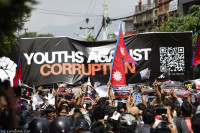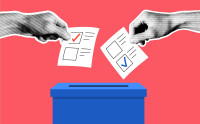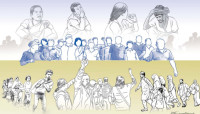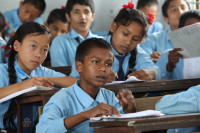Opinion
Help from abroad
Non-Resident Nepalis can provide much needed resources and expertise to rebuild Nepal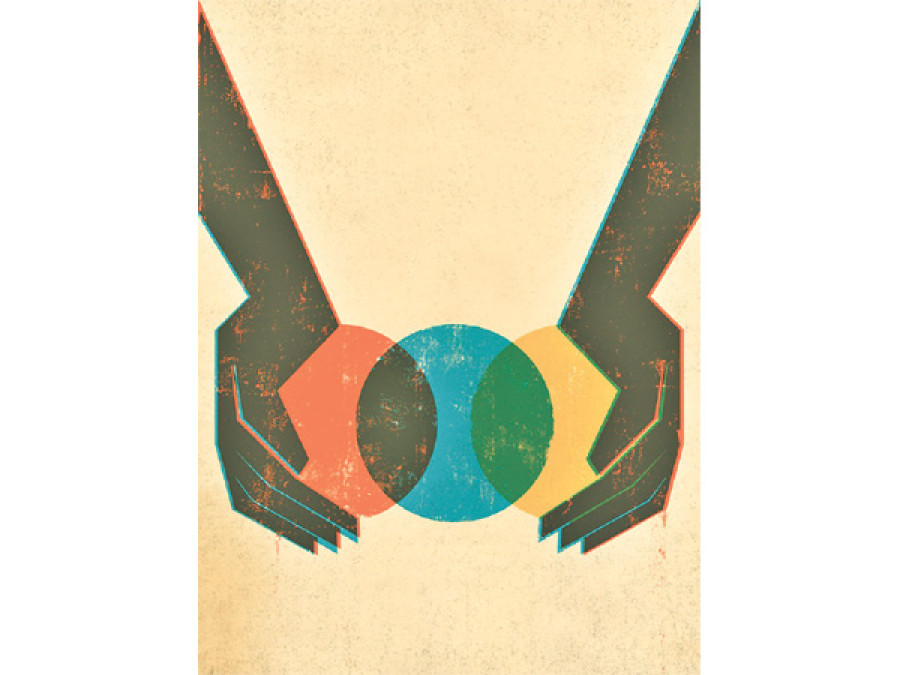
Ratan K Jha
Apart from resulting in thousands of human casualties, the April earthquake shook the core of every Nepali. Likewise, hundreds and thousands of houses collapsed completely or partially. In the immediate aftermath of the earthquake, the government had carried out assessments of the affected buildings, and depending on the extent of damage the houses were marked with green, yellow and red stickers—green meant safe, yellow meant repair required before use and red meant unsafe. Yet many people continue to reside in unsafe buildings either due to sentimental reasons or because they have no place else to go to. Such people do not need to worry as they are many methods through which affected houses can be reinforced.
Municipal utility district
Most of the damaged houses can be repaired by various techniques of retrofitting: a pure engineering solution. A qualified structural engineer, however, must design it as per the specification of the house.
It is a common practice around the world to retrofit homes periodically in cities that are prone to earthquake like Los Angeles, San Francisco, and Tokyo. Thus, there is no need to panic if your house has got a yellow or red sticker from the government. Consider getting it retrofitted by a reputed contractor. And it is important not only for individual homes to get retrofitted, but big buildings, water supply, sewer and dams also need to get repaired expeditiously following disasters of this scale. Unfortunately, there is dearth of qualified engineers in Nepal. Still, disaster struck regions in Nepal could use the principles of Municipal Utility District (MUD), as it is prevalent in Texas, the US.
A Municipal Utility District is a political entity in charge of providing utility services like electricity, natural gas, waste management, telecommunications and water. It has a board of directors consisting of government representatives and elected representatives from local residents. In the US it is enacted by state law and funded by special assessment bonds. Residents in the MUDs are assessed by a tax based on the value of their property and the current tax.
Nepal can pursue a similar approach while rebuilding the disaster-affected regions. In case of the US, or more specifically Texas, developers have to file a petition at the Commission of Environmental Quality to create a MUD. Their employees, business associates or family members are barred from being a member of the director board to ensure there is no conflict of interest. The board of directors has complete authority over the operation of the MUD.
However, in the case of Nepal, it is difficult to imagine such large organisations which can act as a developer. Therefore, the government, with its line ministries and expertise, can act as the developer and call in contractors to build specific utilities. If the government can invite larger international corporations—deep pockets and operational finesse included—it will not have to micromanage rebuilding process either.
Bring the NRNs
In addition, Non-Resident Nepalis (NRN) have been largely ignored in the rebuilding process. The resources and expertise of the non-resident community can be utilised in the reconstruction phase. But NRNs merely collecting money for rebuilding only serves half the purpose. The rebuilding process does not only need money. There is so much more that they can offer. The NRNs, who have now spread over the entire globe, have achieved success in various fields like science, technology and entrepreneurship. They now can surely help their home country with the skills they have learned in more developed nations. Moreover, the Non-Resident Nepalese Association (NRNA) has a committee called Skill and Knowledge Taskforce. This committee can rope in all kinds of experts for the huge task that is ahead of us.
It is not a question of ‘Can we’? It is a question of ‘When will we be allowed to help’?
Jha is a US-based entrepreneur and former General Secretary of Non-Resident Nepalese Association




 19.12°C Kathmandu
19.12°C Kathmandu
